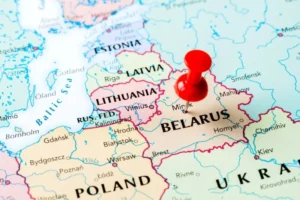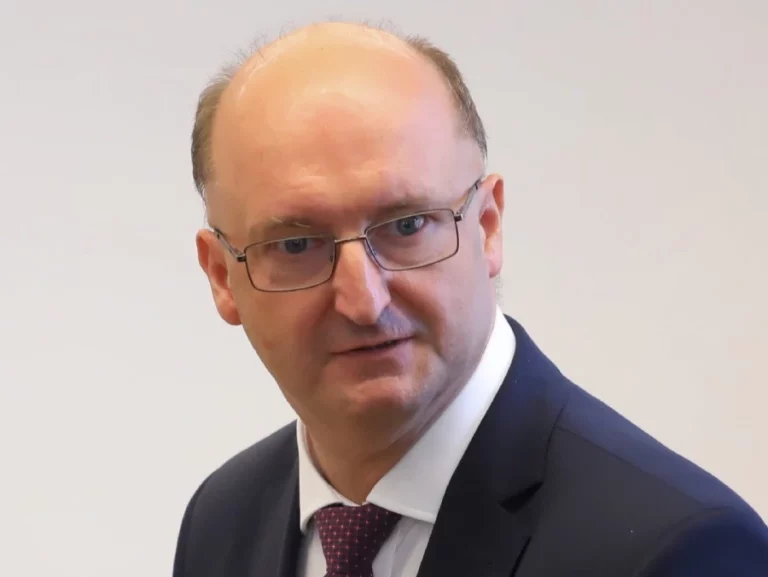Latvia’s parliament made a significant decision on Thursday by approving the establishment of civil unions for same-sex couples. This move grants legal recognition to these partnerships, although they will have fewer rights compared to married couples.
The approval of this legislation in Latvia, a country where the issue of homosexuality remains contentious, holds implications not only within its borders but also for neighboring countries. In 2005, Latvian legislators amended the constitution to define marriage strictly as a union between a man and a woman, reflecting the ongoing debate on this matter.
Scheduled to take effect in the middle of the next year, the new law enables same-sex couples to register their partnerships with a notary. While it grants certain rights, including hospital visiting privileges and some tax and social security benefits, limitations persist. Notably, same-sex couples in Latvia will still be unable to adopt children, and they may encounter challenges related to inheritance.
Gay rights activist Kaspars Zālītis expressed optimism about the development, emphasizing Latvia’s progress compared to some other European Union countries. Despite the limitations, he acknowledged the significance of the step forward in providing recognition to same-sex couples.
It’s noteworthy that Latvia’s political landscape has witnessed changes, with President Edgars Rinkēvičs becoming the first openly gay head of state in the European Union in May. However, public opinion remains divided, as revealed by a Eurobarometer poll indicating discomfort among a significant portion of the Latvian population regarding high-ranking officials who identify as homosexual or bisexual.
In 2020, Latvia’s top court ruled in favor of recognizing non-married families, leading to 46 same-sex couples successfully petitioning the courts for recognition as family units.
Importantly, this development in Latvia contrasts with the legislative landscape in neighboring Estonia, which legalized same-sex marriage in June. The contrasting approaches within the region highlight the diverse perspectives and ongoing evolution of LGBTQ+ rights in the Baltic area.
